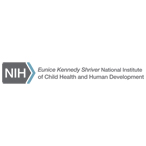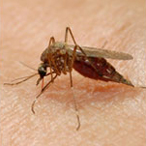H1N1 Influenza (flu) Information for NICHD Audiences
On April 26, 2009, the U.S. Department of Health and Human Services (HHS) Declared a Public Health Emergency for H1N1 Flu (previously called swine flu). Communities around the world are on alert and are taking measures to protect people from illness caused by infection with this particular type of influenza virus or flu.




 BACK TO TOP
BACK TO TOP